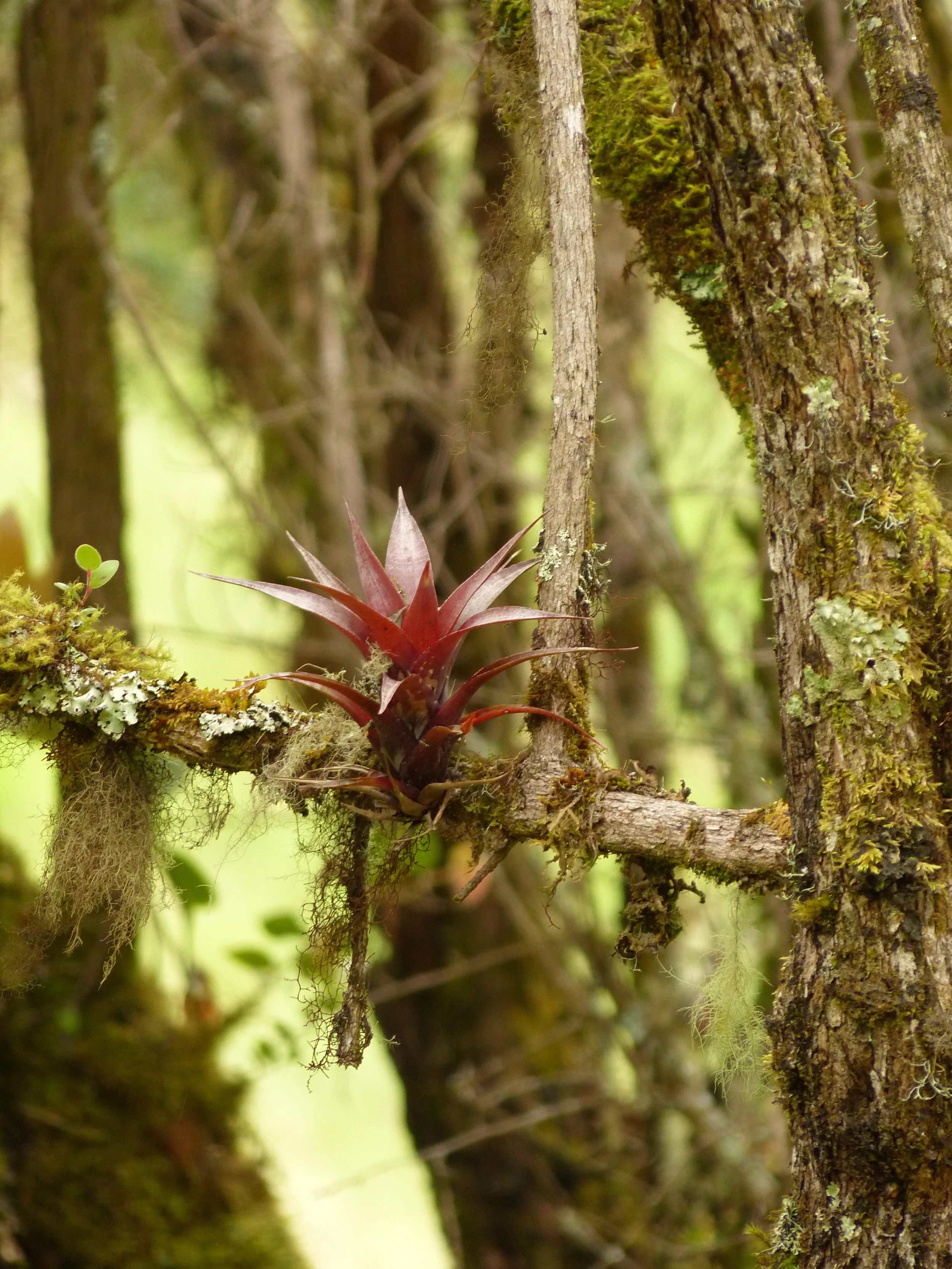Our lab includes biologists engaged in fieldwork, genomics, neuroscience, computational and behavioral studies. These varied approaches provide unique perspectives on social behavior, its diversity and its mechanisms.
Click on photos to learn more about individual lab members.
Steve Phelps, @evolbrain
Dr. Phelps got his PhD in Integrative Biology from the University of Texas in 1999. As a student he received fellowships from the Smithsonian Tropical Research Institute (STRI) and the National Institutes of Health. He was a post-doctoral fellow at STRI and at the NSF Center for Behavioral Neuroscience in Atlanta. In 2002 he became a faculty member at the University of Florida, and joined the University of Texas in 2010.
He is currently a Professor of Integrative Biology, the Director of UT-Austin's Center for Brain, Behavior and Evolution, and recently served as the President of the Society for Social Neuroscience. He was also a Guggenheim Fellow (2021-2022) and a Harvard Radcliffe Fellow (2021-2022). At the University of Texas at Austin, he is a member of graduate programs in Ecology, Evolution and Behavior, Cell and Molecular Biology, Neuroscience and Psychology. His lab has been funded by NSF, NIH and National Geographic. (A CV is available here.)
His research explores how and why individuals and species vary in their sociosexual behavior. The lab works at the intersection of social neuroscience, animal behavior, and evolutionary genetics. His teaching includes courses in Human Biology, Behavioral Epigenetics, Epigenetics and Society, and The Biology of Bonding. Dr. Phelps uses his expertise in genetics, neurobiology and evolution to write and speak about the intersection of science and society. His writing for the public has appeared in Aeon, The Atlantic,The New York Times, and Scientific American. His essay in Aeon was listed as a notable literary essay in Best American Essays 2018. He has given a variety of public talks on the biology of bonding and intimacy, as well as appearances on BBC and NPR.
The lab’s research has been featured on , the New York Times, Washington Post, National Geographic, Newsweek, and many other sources.
Graduate students
Jason Ikpatt. Epigenetics, memory. CMB.
Samantha Smith. Larynx structure, comparative genomics, animal communication. EEB
Current collaborators
Past trainees
Gerard Wallace. Behavioral neuroscience, animal movement, mathematical statistics. PhD in EEB 2021, statistics instructor at UT.
Mariam Okhovat. PhD in EEB, 2016. Chromatin remodeling, methylation, epigenetics. Now a postdoc at OHSU in Portland.
Tracy Burkhard. Animal communication, sexual selection, genetics. PhD in EEB 2021. NSF PFRB Postdoc in Marseilles, France.
Stavana Strutz. PhD in EEB, 2017. Disease ecology, climate change, niche modeling. Co-advised by Camille Parmesan.
Bret Pasch, PhD in Biology, 2010. Asst. Prof., Northern Arizona University.
Da-Jiang (David) Zheng. Behavioral neuroscience, animal communication. PhD in EEB 2021. Postdoc at Cornell.
Zahra Dehghani, MS in Cell and Molecular Biology, 2014.

























